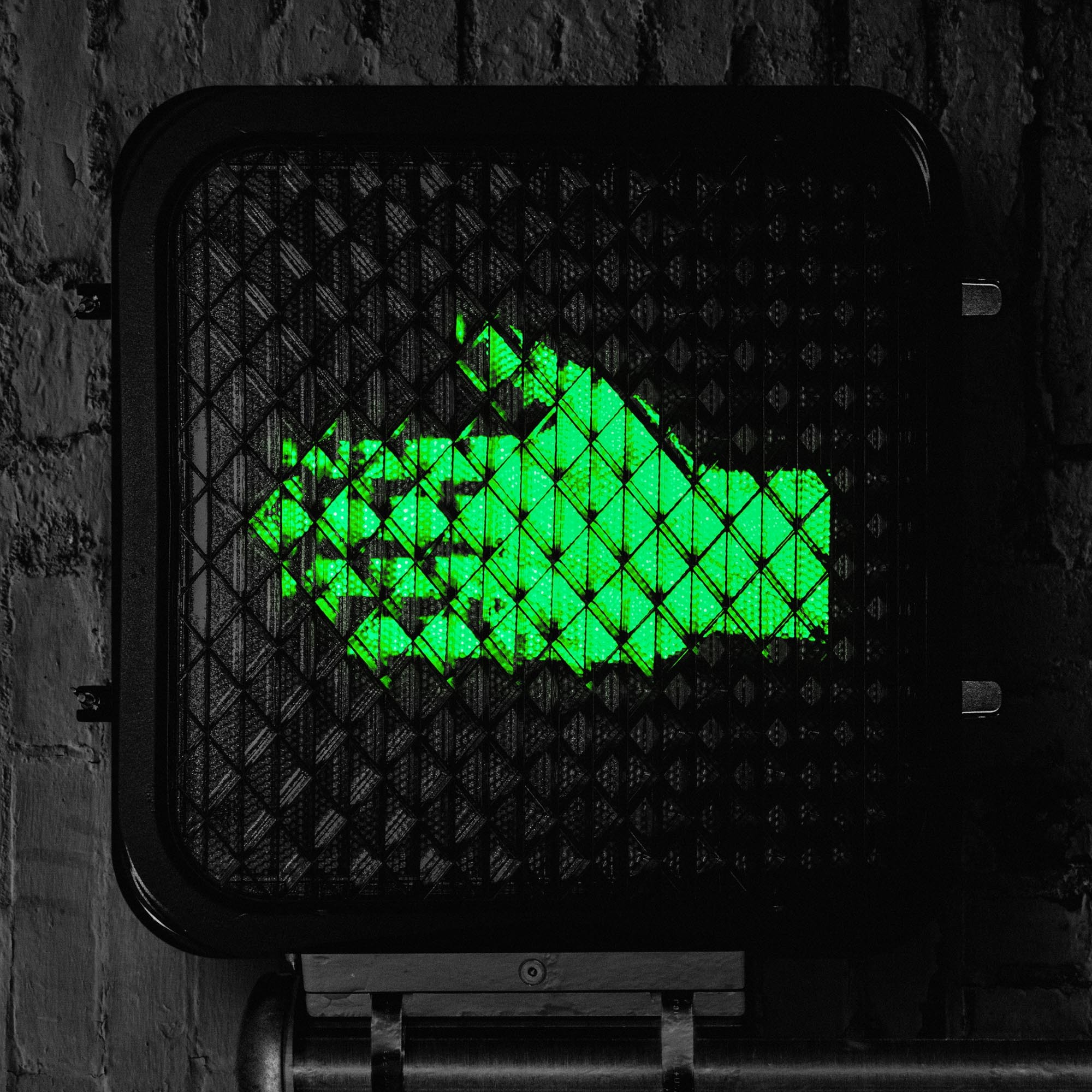It’s never sufficient to say Jack White has irons in the fire. Maybe stipulating that he forged the irons from scrap and split the firewood himself—now we’re getting closer. Since White released his last album of hooky classicist rock’n’roll with the Raconteurs, at the tail end of the George W. Bush administration, the White Stripes disbanded and the Dead Weather got together; White recorded a Bond theme and a guest spot on Lemonade; he produced three solo albums and an Insane Clown Posse single. Last year’s Boarding House Reach, the most recent of those solo records, was a blunderbust: a self-consciously outré offering that at least allowed White to get some of his zaniest ideas out of his system before sitting down to write with his Raconteurs partner Brendan Benson. The result is Help Us Stranger, the group’s richest batch of songs to date.
That richness has a lot to do with classic rock—like, the real pantheon guys—a language in which these fortysomething flyover-Americans are more than fluent. The title of “Shine the Light On Me” nods to Exile On Main St., and its piano plonks like Nicky Hopkins’ on “Sing This All Together.” The chorus (“oooh, what can you do?/oooh, what does it prove?”) channels the shruggy drugginess of the ‘66 Beatles. So does the extended bridge of “Sunday Driver,” a mordantly funny tune about someone macking on your sister. That bridge adds some swaggering power pop, with a flickwrist riff that plays like Keith Richards moonlighting in Big Star.
These are not anthems of a peaceful army; the Raconteurs are canny enough to evoke rather than poach. The songs are more than capsule distillations of decades-old sounds, containing enough switchbacks to keep everyone engaged. The needle skips all over bassist Jack Lawrence’s old-timey cowboy ballad “Help Me Stranger,” hopping to clavinet funk, then riding out on Patrick Keeler’s “Funky Drummer”-like sixteenths. Keeler is the MVP of the album’s one cover, of Donovan’s “Hey Gyp (Dig the Slowness)”. The original—which Donovan penned for “Gypsy” Dave Mills, an artist and raconteur himself who died last week—didn’t get more percussive than handclaps. Keeler’s thumping kitwork gives the song heft, counterbalancing a through-a-phonebooth vocal take from White that otherwise would have removed all weight.
The tension between structure and strut has animated much of Jack’s musical output, and the work to square those forces has been the backdrop of the Raconteurs project. Opening track “Born and Razed” devotes its first minute-plus to twin-guitar noodle and full-band fanfare, but when the band punches from a typically yelpy, third-way White verse (“keeping an eye on my grindstone future / staying away from the left and the right”) into the yearning chorus, it’s like watching a racecar dust you. “Somedays (I Don’t Feel Like Trying),” alternates towering, fuzzed-out guitar figures with drawling duets straight out of Skynyrd—though Skynyrd would surely never have signed off on a placeholder lyric like “Somedays I just feel like crying / Somedays I don’t feel like trying.” But the group rights things with the outro, as Benson intones “I’m here right now / I’m not dead yet” with increasing speed and intensity for a minute or so. It sounds like frontporch Oasis. Which may or may not be a better result than “Don’t Bother Me,” a song whose vocal pomposity reaches for Mercury but grabs hold of Bellamy. It doesn’t help that “Bother” is an aggro screed about modernity: White hollers about “all your clicking and swiping” like a demented Dora the Explorer.
White’s tech talk has been the throughline for coverage of Help Us, Stranger. His boast on the UK’s Channel 4 that he’s never owned a cellphone got a lot of attention (and was possibly just a bit of obfuscation on his part). So, too, did a series of Instagram videos of the mixing process for “Shine the Light,” in which the control room broadcast the mix on an unused FM channel, so that Benson, Lawrence and White can hear how it plays on a car stereo. (Great news for all of us Tesla Model S owners.) It’s all of a piece for the one-time upholsterer: refurbish the past, see how it functions in the now. “Now That You’re Gone” offers a scuffed-up take on early soul: the guitar solo curdles like a Moscow Mule in corroded copper; Lawrence gooses the vibe with a Septavox synth, available at the Third Man online store.
In that sense, Help Us, Stranger is a preservationist work, attempting to do what record labels seemingly cannot: contextualize an erstwhile apex genre. On Boarding House Reach, that meant indulgent auteurism and, uh, rapping. (That White largely refrains from the cypher on the funk-rock groove of “What’s Yours Is Mine” is a special mercy.) Here, it means colliding virtuosic instrumental flash into grownup gloom. The title of closing track “Thoughts and Prayers” feints at our ongoing national epidemic. Instead, it’s a downcast examination of eccentricity that lazes the same river as Blind Faith’s “Can’t Find My Way Home”. “I wrote a letter down to you,” whispers White, “Like I’m Sullivan Ballou.” An apt reference: artfully rendered anguish, found out of time. Hear us, stranger.





